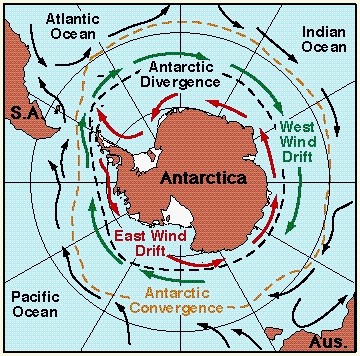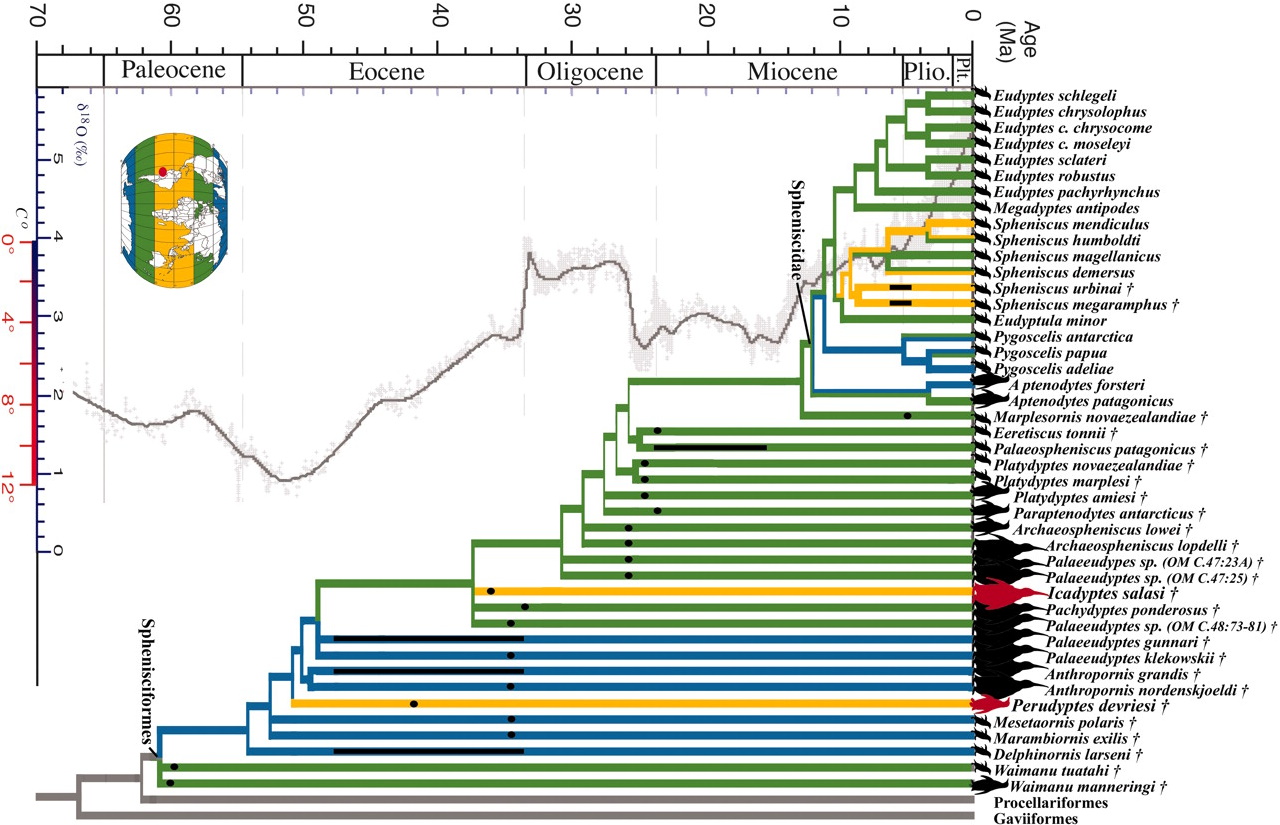For Immediate Release, Monday, September 8, 2008
Contact: Shaye Wolf, Center for Biological Diversity, (415) 436-9682 x 301, cell (415) 385-5746
Penguins Marching Toward Endangered Species Act Protection;
Court Deadline Set For 10 Penguin Species Threatened By Global Warming
Court Deadline Set For 10 Penguin Species Threatened By Global Warming
SAN FRANCISCO— A federal judge today approved a settlement between the Center for Biological Diversity and the U.S. Fish and Wildlife Service over the fate of 10 penguin species imperiled by global warming. Under the settlement, the Service must by December 19th complete its overdue finding on whether the penguins should be protected under the Endangered Species Act.
The finding is due on the emperor, southern rockhopper, northern rockhopper, Fiordland crested, erect-crested, macaroni, white-flippered, yellow-eyed, African, and Humboldt penguins.
“Right now penguins are marching towards extinction due to the impacts of global warming,” said Shaye Wolf, a seabird biologist with the Center for Biological Diversity. “Protecting penguins under the Endangered Species Act is an essential step toward saving them.”
Abnormally warm ocean temperatures and diminished sea ice have wreaked havoc on the penguins’ foods supply. Less food has led to population declines in penguin species ranging from the southern rockhopper and Humboldt penguins of the islands off South America, and the African penguin in southern Africa, to the emperor penguin in Antarctica. The ocean conditions causing these declines have been linked by scientists to global warming and are projected to intensify in the coming decades.
Krill, an essential food source not just for penguins but also for whales and seals, has declined by as much as 80 percent since the 1970s over large areas of the Southern Ocean. Scientists have linked the ocean conditions causing these declines to global warming and loss of sea ice. The emperor penguin colony at Pointe Geologie, featured in the film “ March of the Penguins,” has declined by more than 50 percent due to global warming.
Many penguin species also are harmed by industrial fisheries, either directly, such as when individual penguins are caught and killed in trawls, nets and longlines; or indirectly through the depletion of essential prey species such as anchovy and krill. Overfishing by industrial fishing fleets plays a prominent role in the hit movie “Happy Feet,” which features two of the petitioned species, the emperor and rockhopper penguins.
Listing under the Endangered Species Act will provide broad protection to these penguins, including a requirement that federal agencies ensure that any action carried out, authorized, or funded by the U.S. government will not “jeopardize the continued existence” of the penguin species. For example, if penguins are listed, future approval of fishing permits for U.S.-flagged vessels operating on the high seas would require analysis and minimization of impacts on the listed penguins. The Act also has an important role to play in reducing greenhouse gas pollution by compelling federal agencies to look at the impact of the emissions generated by their activities on listed species and to adopt solutions to reduce them.
The Center for Biological Diversity filed a petition in November 2006 to list 12 penguin species as threatened or endangered. The filing of the listing petition triggered a three-stage process for the Fish and Wildlife Service, with a strict timeline for each step. The agency is required to first decide within three months whether to conduct a status review of the penguins based on the concerns raised in the petition. The Service initiated status reviews of 10 of 12 penguin species, but it did not do so until July 2007, taking more than twice the time allowed under the law.
In the second stage of the listing process, the Service must decide whether the species should be listed for protection under the Endangered Species Act. This decision is required within 12 months of receiving the petition. In response to ongoing delays by the Service, the Center filed a lawsuit in February to set a court-ordered timeline for the listing decisions. Today’s court settlement ensures that the Service must make the listing determination by December 19th. A positive decision will then trigger the third stage, during which the agency has another 12 months to finalize the listing of the penguins. Until this process is completed, the penguins do not receive any protection under the Endangered Species Act.
“Penguin populations are in jeopardy and we can’t afford to delay protections,” Wolf said. “It is not too late to save them, but they need the lifeline provided by the Endangered Species Act and immediate reductions in greenhouse gas pollution.”
For more information on penguins and a link to the federal petition, please see:
http://www.biologicaldiversity.org/species/birds/penguins/index.html
The Center for Biological Diversity is a national nonprofit conservation organization with more than 180,000 members and online activists dedicated to the protection of endangered species and wild places.
# # #
________________________________________



















No comments:
Post a Comment